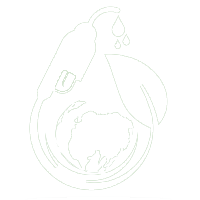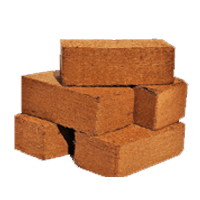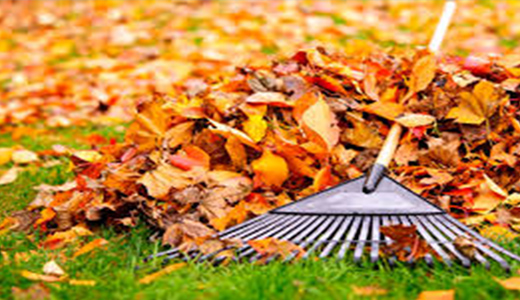
Introduction to Compostable Industry
- We are committed to compostable plastic products, provide manufacturers and consumers with the plastics they want and need, but created using environmently friendly, biodegradable raw material that can be safely composted to nourish the earth.
- The conventional backyard compost pile or bin that can efficiently handle small amount of waste materials from lawns, gardens and kitchen there are industrial composting facilities designed to effectively process larges volumes of municipal and commercial waste.
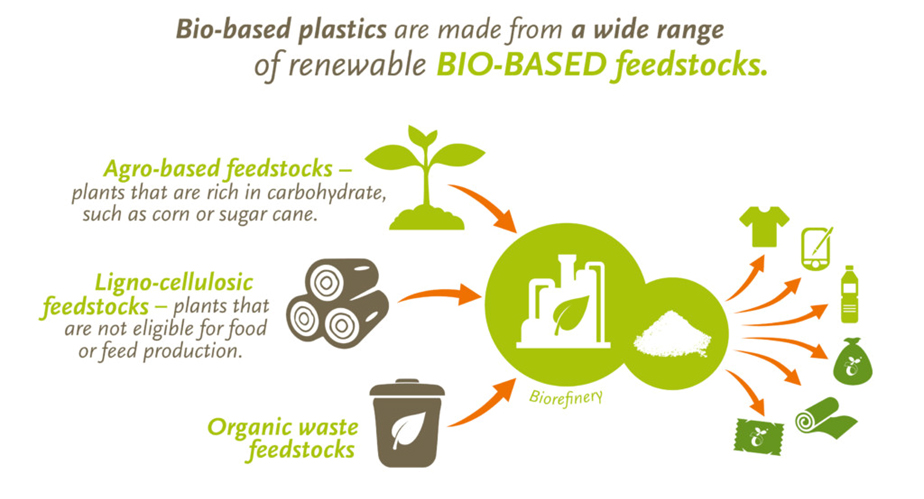
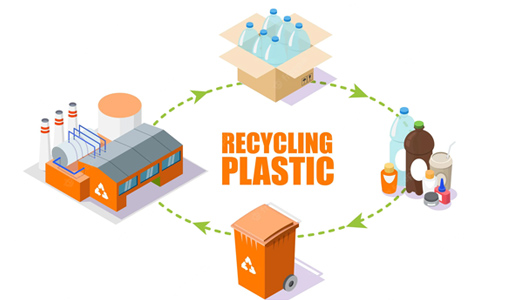
Ways to Over come Plastic Pollution Only alternative is Biogreen products Let us see how this products are different from plastic
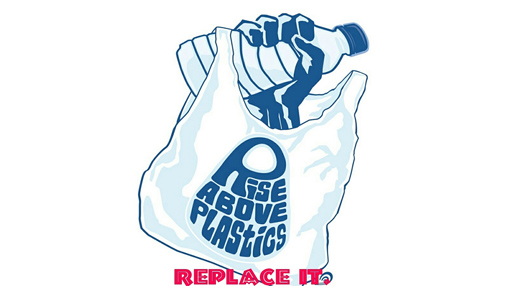
Market Potential
Government Support And Compliance
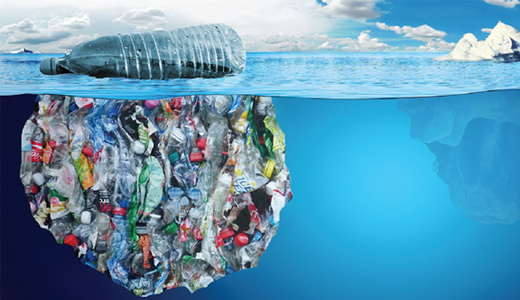
- Plastic microbeads are estimated to be one million times more toxic than the seawater around it.
- By 2024 the number of plastics in the sea will be higher than the number of fish.
- On UK beaches there are 5000 pieces of plastic & 150 plastic bottles for each mile.
8 million tons of plastic are dumped into our oc
- Besides the fact that they are polluting the enviroment, plastic bags are always contamined with dangerous bacterias that may make you sick.
- “Reusable bags are often full of dangerous bacteria's like Salmonella.
- 50% of the bags tested by researchers were contemned with bacteria's. Looks like reusable bags are the perfect place to develop microorganisms, as they are always full of food and rarely washed.
- The bacteria's that may be developed by the bags are a bigger threat to young children than adults because they are more vulnerable.
Effects of Plastic on Earth
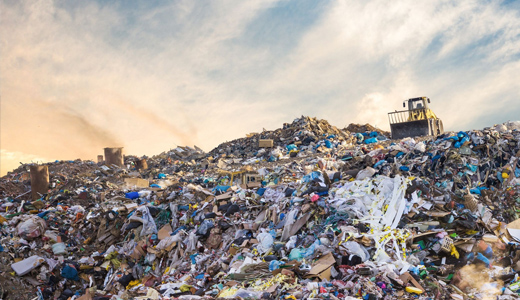
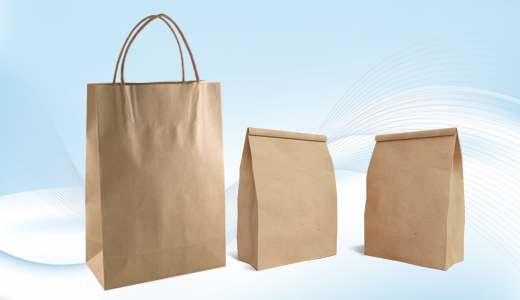
What about Paper Bags? “Paper or Plastic”
- Paper uses 14 million trees annually.
- Paper must be turned to pulp when recycled, creating cardboard, not more paper bags.
- Paper doesn’t break down completely in landfills without light and Oxygen.
- Biopolymers are long chain compounds made up of long chain molecule subunits. e.g.: starch, cellulose, etc.
- These are biodegradable, Ecofriendly and are obtained from natural sources.
- Biodegradable Material are left to itself will be decomposed by natural processes ( microorganisms).
- Biodegradable products will be fully decomposed within 360 days compared to plastic, which would take 1000 years to break down.
What are Biopolymers?
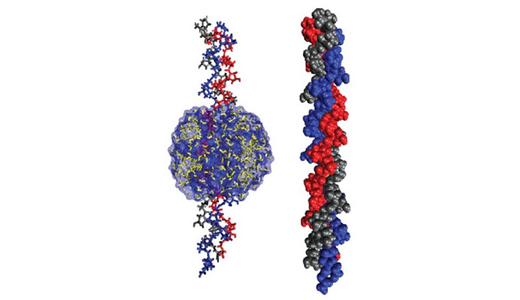
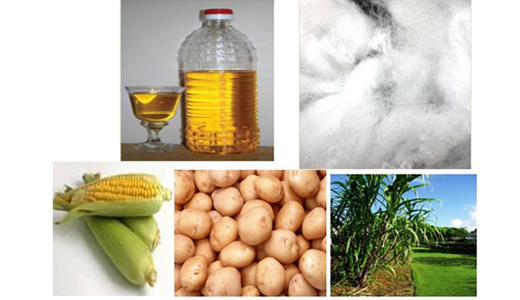
- Plant Oil
- Cellulose
- Corn Starch
- Potato Starch
